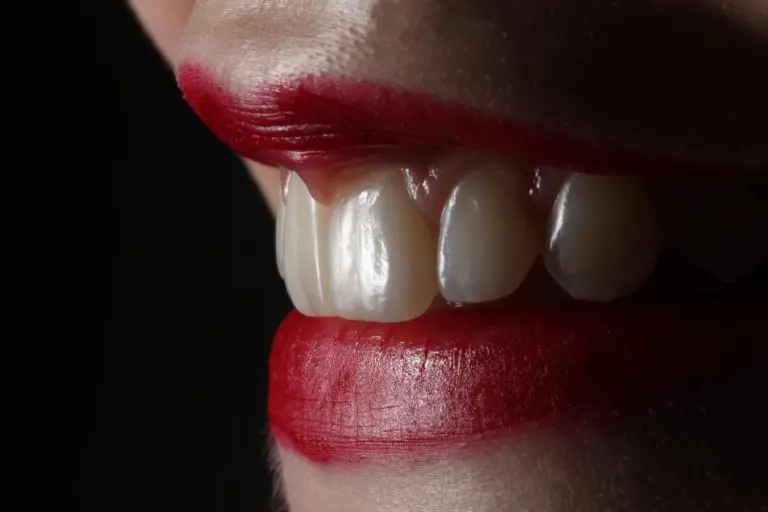Do Eating Disorders and Personality Disorders Come Together?

Any long-term eating disorder recovery should begin with a careful evaluation that not only identifies the type and severity of an eating disorder an individual has but also any co-occurring mental health disorders they might have. As we’ll see, it’s rare for an eating disorder to exist in isolation. Most people with an eating disorder have also received a diagnosis of a mood or personality disorder like depression or general anxiety. This can complicate the methods of treatment used for eating disorder recovery, such as using the resources provided by Better Help and similar services, because the two different disorders influence each other and require specialized treatment.
What Personality Disorders Are Common With Eating Disorders?
Borderline Personality Disorder
Over 25 percent of people that have been diagnosed with bulimia nervosa, anorexia nervosa or binge eating disorder also have some form of borderline personality disorder. A borderline personality disorder is a disease in which the individual experiences low self-esteem, extreme emotional instability, and often a strong fear of abandonment. The disorder can kickstart eating disorders like anorexia nervosa or worsen them by playing on a person’s low self-image and negative emotions, which cause disordered behaviors.
Obsessive-Compulsive Personality Disorder
Obsessive-compulsive personality disorder, commonly shortened to OCPD, affects over 22 percent of men and women with anorexia nervosa. In contrast, only 6 percent of the general population is estimated to have this well-known disorder. Researchers think this implies a strong connection between the two types of disorder, backed up by the commonalities in their behavioral symptoms. As with eating disorders like binge eating disorder and bulimia nervosa, OCPD sufferers have “perfectionist” tendencies and engage in repetitive actions to cope with stress and anxiety. The staff at most eating disorder recovery centers and counseling clinics like Counselling Kingston will address OCPD while simultaneously developing an individualized eating recovery treatment plan.
What Kinds of Treatment Work for Both Personality Disorders and Eating Disorders?
Both obsessive-compulsive and borderline personality disorders tend to worsen the distinctive symptoms of anorexia nervosa, bulimia nervosa, and binge eating disorder. Fears and anxieties that come with OCPD and borderline personality disorder can trigger coping mechanisms like a binge eating episode and the following purge. This becomes a repeated pattern of behavior, as can be observed in cases of OCPD. Alternately, borderline personality disorder intensifies the urge for patients to want to “control” their food intake and body appearance. Therapists at eating disorder clinics in New York and elsewhere have taken to treating both the eating disorder and any other personalities together as a part of a comprehensive treatment plan.
Cognitive Behavioral Therapy (CBT)
Commonly used to provide eating disorder help from New York to California, CBT emphasizes the importance of how unhealthy thought patterns directly influence self-destructive behaviors. When used correctly, CBT can lift the wool from a person’s eyes about their disordered thought patterns stemming from a disorder. CBT therapists will demonstrate to the patient that the negative thoughts and fears aren’t reality – they also challenge the patient’s dysfunctional feelings and beliefs they may have learned in childhood. “Schemas” (life and thought patterns) are examined dispassionately by therapists and clients alike, and when they are self-destructive, they can be slowly eliminated.
Dialectical Behavioral Therapy
Dialectic behavioral therapy (DBT) is a therapeutic technique based on CBT but with a few different wrinkles. DBT focuses on developing mindfulness and interpersonal skills to help people deal more effectively with extreme emotions and how they influence behaviors. DBT was originally developed to treat borderline personality disorder and helps to rebuild low self-esteem and fears of abandonment. In an evidence-based treatment based on one-on-one sessions, DBT is also an effective type of group therapy modality used frequently to improve communication skills at eating disorder treatment centers.
They Come Together; They Should Be Treated Together
Treating mental health problems like personality disorders before addressing an eating disorder is essential for completing a successful eating disorder recovery program. Additionally, patients leaving a residential eating disorder recovery center must take advantage of eating disorder support services provided by recovery centers.









